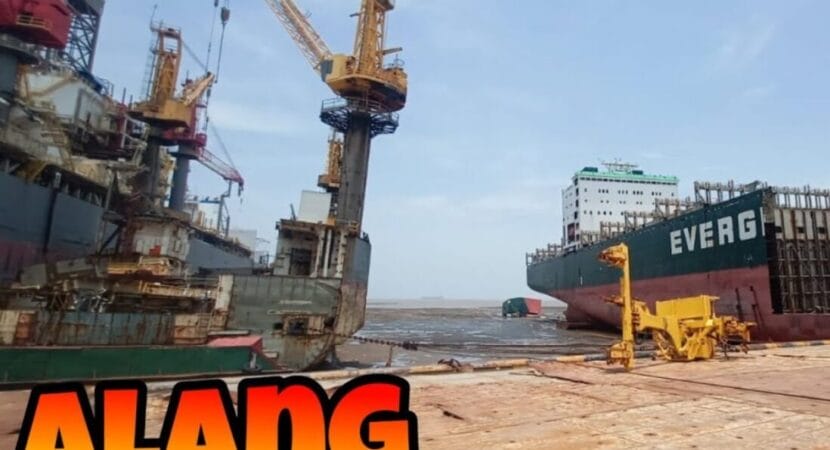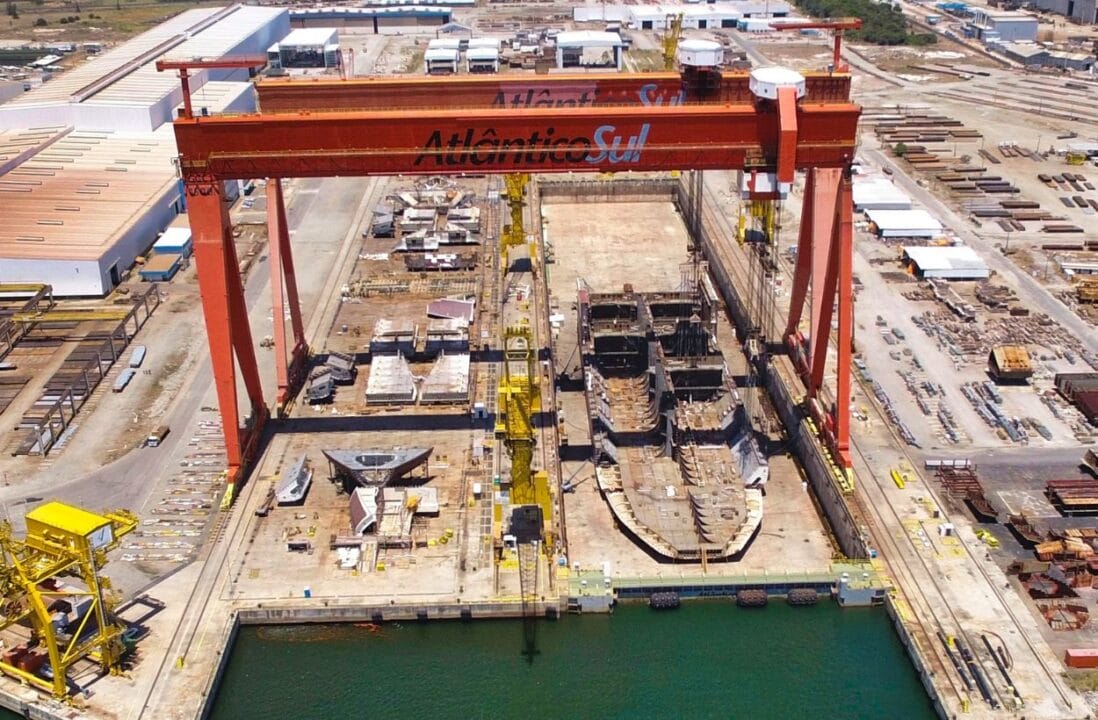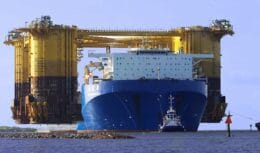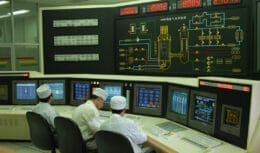
Annually, 700 ships are dismantled globally, with more than half finding their end in Alang, India, the world's largest ship graveyard, where the shipping industry reveals a difficult landscape and severe environmental challenges.
In Alang, India, there is the largest ship cemetery in the world, where, every year, around 700 ships, including cargo ships, oil tankers and luxury liners, are decommissioned and dismantled. This process generates jobs, but the reality of local workers is marked by difficult working environment conditions. Started in 1983, ship breaking in Alang has become a complex social problem.
Every day, ships arrive at Alang beach to be dismantled, recycled and sold as scrap. The work, carried out manually by thousands of workers, often under exhausting conditions and poorly paid.
How the world's largest ship cemetery works
The dismantling technique begins with the beaching of the ships during high tides, facilitating workers' access to the structures for dismantling. The process is arduous and dangerous, with high risks of accidents, often fatal, due to the distance from hospitals and inadequate working conditions, according to the UOL portal.
In addition to social problems, the environmental impact on Alang is significant. The lack of adequate decontamination of ships before dismantling leads to toxic waste leaking onto the beach, affecting both the environment and the health of workers.
Brazilian aircraft carrier Minas Gerais also ended up in India
The limited cost of ship dismantling in Alang attracts international ship owners, including historic cases such as the Brazilian aircraft carrier Minas Gerais, read about it here. However, working conditions and environmental practices in Alang continue to generate global protests and issues, highlighting the urgent need for reforms in the local shipping industry.
The world's largest ship cemetery in Alang is a testament to the dark side of the shipping industry, where profit often trumps humanitarian and environmental considerations. The reality in Alang requires global attention to improve working conditions and environmental practices, ensuring the sustainability of the shipping industry and the dignity of workers.
Ship dismantling in Brazil
Ship dismantling activity in Brazil, comparatively smaller and less structured than in countries such as India, Bangladesh and Turkey, occurs on a reduced scale. Some national companies occasionally operate in dismantling, aiming at recycling and reusing materials.
Some shipyards in Brazil

- Atlântico Sul Shipyard (EAS): located in the Suape Port Industrial Complex, in Ipojuca, Pernambuco, this shipyard is one of the giants in Latin America and stands out for the construction of oil tankers and ship repairs, with a significant steel processing capacity.
- INACE (Ceará Naval Industry): In Fortaleza, Ceará, INACE has a long history of building a variety of vessels, including tugboats, patrol ships and yachts.
- Vard Promar: also located in Ipojuca, Pernambuco, specializes in offshore vessels, including fishing vessels and icebreakers.
- Mauá Shipyard: in Niterói, Rio de Janeiro, it has a centuries-old tradition in shipbuilding and repair, being one of the oldest and most important in the country.
- Detroit Brasil SA: located in Itajaí, Santa Catarina, it stands out for its medium-sized shipbuilding and repair services.
This network of shipyards demonstrates the capacity and diversity of the Brazilian naval industry, crucial to the country's maritime economy, meeting local and international demands for the construction, maintenance and repair of vessels.
While Brazil does not have a ship cemetery on a scale comparable to Alang, its naval industry is well established, with shipyards strategically located throughout the national territory. The area of ship dismantling, still emerging, could represent an expansion front for the Brazilian naval industry, suggesting a potential field of economic and environmental development.










